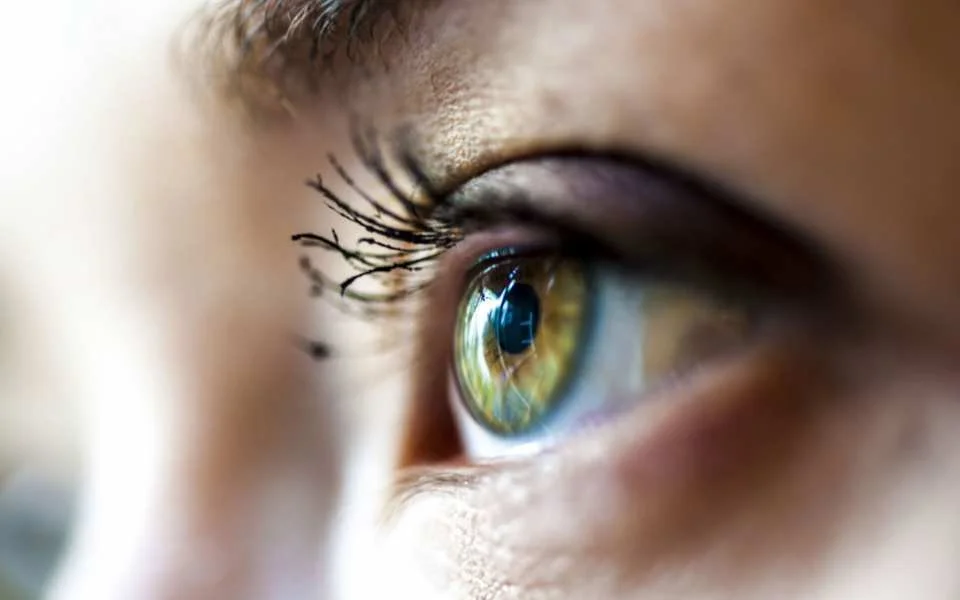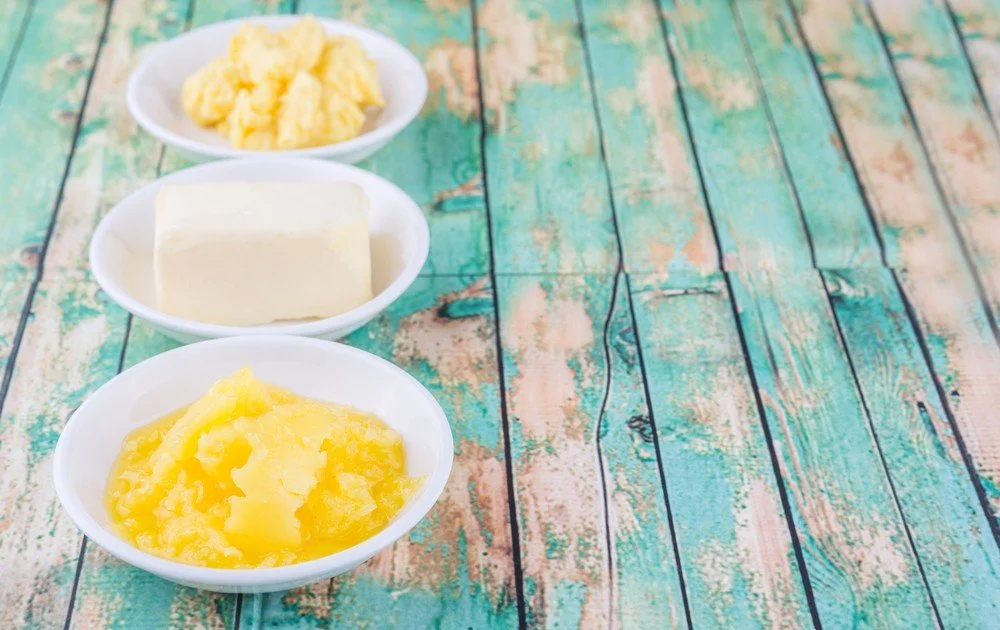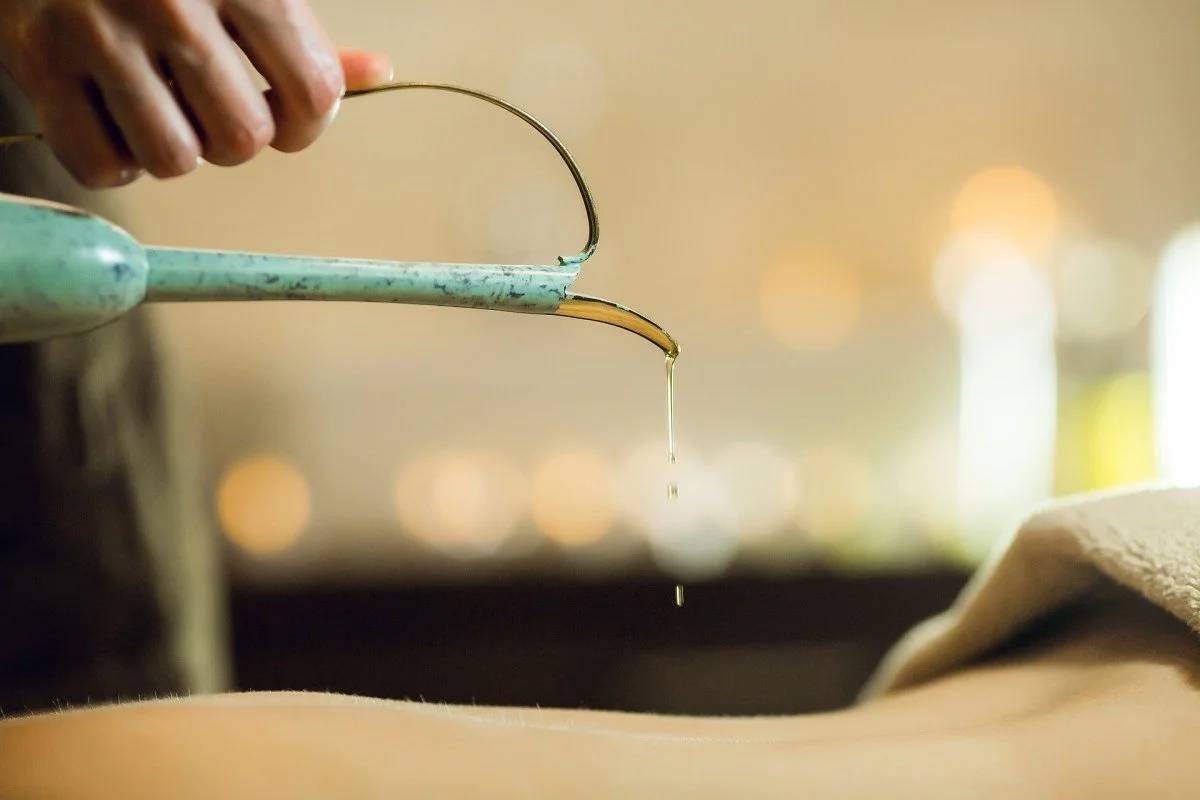Salt – are you eating ‘good’ or ‘bad’ salt?
“Salt is born of the purest of parents—the sun and the sea.”
In the classic Western way of making things black and white—salad is good, fat is bad—salt has been put in the ‘bad’ camp. However, the ancients treasured salt and knew it was one of the most critical ingredients for a healthy body. Almost 5000 years ago, the Chinese pharmacological text, the Peng-Tzao-Kan-Mu, listed the medicinal effects of 40 varieties of natural salt. In the ancient world, before money or gold, salt was used to represent trust and value. You might have been ‘worth your salt’ or considered the ‘salt of the earth’. We are now paid a ‘salary’which comes from the same word as salt. Roman soldiers used to be paid in salt because it was universally ‘trusted’ or relied upon. This was when people ate real salt. Real or ‘good’ salt contains 80 or more naturally occurring minerals and healing ingredients, other than sodium chloride, that are synergistically put together by Mother Nature. Way back before the time of ancient Rome and Greece, this type of salt was known to strengthen, balance and heal the body.
Good salt—salt that occurs naturally—plays a primary role in the proper functioning of the nervous system, helps maintain a healthy fluid balance in the body, and contributes to many important chemical reactions. Ancient healers considered good salt to be one of their most prized medicines. For thousands of years, salt was one of the first things used to heal infections and treat inflammation. Have you ever had a cut or skin rash that seemed to take forever to get better, but after swimming in the ocean a couple of times, it ‘miraculously’ healed? Good salt was also known to be absolutely critical to bone health.
Do you know where coral, which forms large parts of tropical ocean floors, comes from?
From calcium ions the corals acquire from seawater. The calcium comes from ionised sodium when sunlight shines through ‘salt’ water. A similar process occurs in our bodies. Sodium (salt) is first ionised into calcium, and then into the 100-plus other minerals that make up our body. Good salt also helps cleanse the lining of the intestinal tract, improving the efficiency of digestion and absorption. Insufficient good, or naturally occurring salt, in one’s diet can greatly impair overall mineral health, cause problems such as migraines or tension headaches, irritability, pain, lack of food satisfaction (and thus overeating), and contribute to weak bones and conditions such as osteoporosis.
So why does salt have such a bad name? The reason is that we eat too much ‘rubbish’ salt instead of real salt. Most of the current misunderstanding regarding salt stems from our modern-day processing of this wonder mineral (surprise surprise!). Nowadays, most commercial salts that we eat, e.g. highly processed regular table salt, have most of natural salt’s 80-plus health-promoting minerals stripped away. (Food manufacturers consider them ‘impurities’!) Even worse, regular, processed salts often have dangerous anti-caking agents like magnesium carbonate and aluminum silicate added in to make them flow better. This type of impostor salt is ‘bad’ salt. Eating this type of salt will certainly contribute to all the problems typically associated with salt.
Appreciate that the bad press surrounding salt is mainly due to the high consumption of fast or highly processed foods, and the overuse of refined, totally unnatural varieties of salt. Salt is not bad for you. In its naturally occurring state, in the right quantity, it is one of Mother Nature’s most wonderful healing gifts and one of the most critical ingredients for your optimal health. Eat it, swim in it, bathe in it. Keep it natural and enjoy it.
Like to receive the first 2 chapters of Mark’s book FREE? Get them here as our gift.
More information on Ancient Wisdoms for Modern Health and other products
Related Post: Salt – even some modern science questioning low salt diets
ARTICLE WRITTEN BY MARK BUNN
Mark Bunn is the Founder of Dharmic Living and author of the three-time best-selling ‘Ancient Wisdom for Modern Health‘.
Featured Articles
Topics
- Alcohol 1
- Allergies 1
- AntiInflammatory 2
- Arthritis 1
- Asthma 1
- Atkins 1
- Autumn 1
- Ayurveda 22
- Ayurvedic Medicine 12
- Ayurvedic Science 2
- Bad Breath 1
- Beer 1
- Blood Sugar 1
- Bob Roth 1
- Body Odour 1
- Breakfast 2
- Breathing 1
- Business 2
- Butter 1
- Caffeine 1
- Cancer 6
- Carbohydrates 2
- Cataracts 1
- Charcoal Water 1
- Cholesterol 3
- Coffee 1
- Cold & Flu 1
- Cooking 1
- DR JR Raju 2
- Daily Cycles 2
- Dehydration 2
- Dental 3
- Detox Drinks 1
- Diabetes 1
- Diet & Nutrition 44
- Dieting 2
- Digestion 9
- Direction 1
- Disease 1
- EMF 1
- Earthing 2
- Eastern Medicine 1
- Eating 1
- Eating Out 1
- Exercise 9
- Eye Health 1
- Fish Oil 1
- Flaxseed 1
- Food Quality 2
- Forest Bathing 1
































